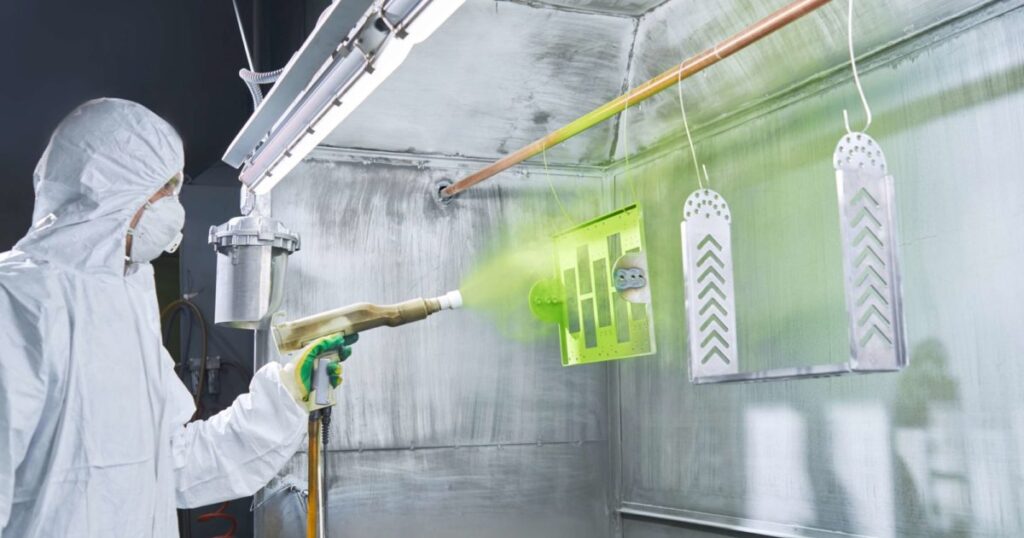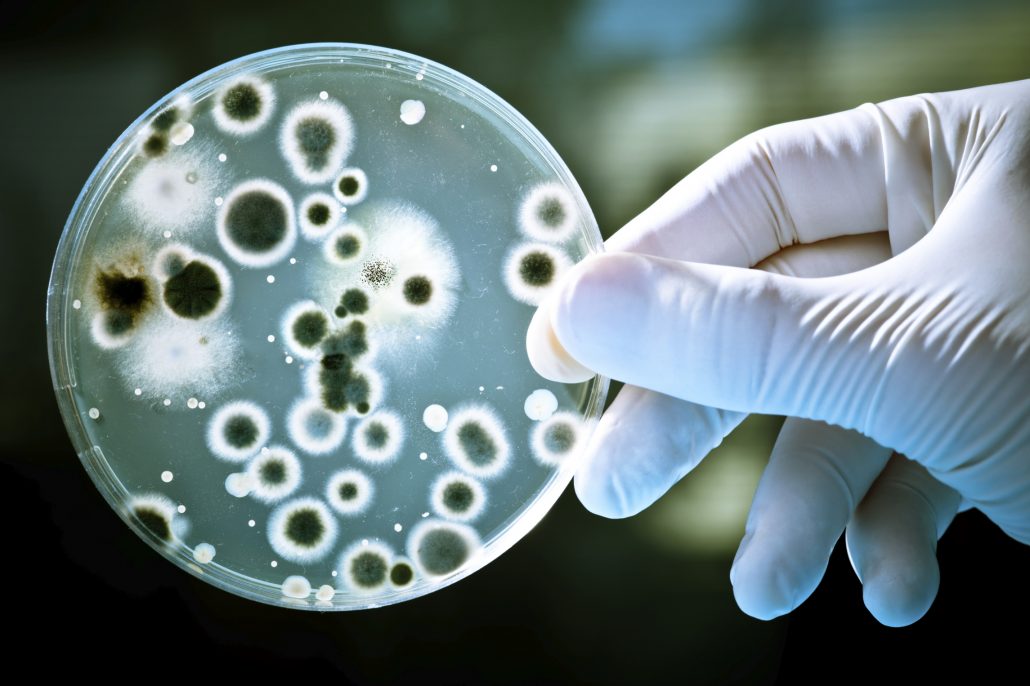If you are in the market for an antimicrobial coating, there are a few things you should know before making your purchase. In this article, we will cover what antimicrobial coatings are, how they work, and what their benefits and drawbacks are. By the end of this article, you will be able to make an informed decision about whether or not an antimicrobial coating is right for you.
What are Anti-Microbial Coatings?
Anti-microbial coatings are specialized coatings that are designed to inhibit the growth of microorganisms on surfaces. These coatings can be applied to a variety of different materials, including metals, plastics, glass, and ceramics. In many cases, anti-microbial coatings are used in healthcare settings in order to prevent the spread of infection.
There are a variety of different mechanisms that anti-microbial coatings use in order to achieve their desired effect. Some coatings work by releasing agents that kill or inhibit the growth of microorganisms. Others create a physical barrier that prevents microorganisms from attaching to surfaces in the first place. Still others work by creating an electrostatic charge that repels microorganisms.
The effectiveness of an anti-microbial coating can vary depending on a number of factors, including the type of microorganism being targeted, the environment in which the coating will be used, and the application method.
If you’re looking for an effective way to protect surfaces from microbial contamination, an anti-microbial coating may be right for you.

How Do They Work?
Anti-microbial coatings work by inhibiting the growth of bacteria, mold, and other microorganisms. The coatings can be applied to a variety of surfaces, including metals, plastics, glass, and ceramic. They are often used in healthcare and food processing facilities to prevent the spread of infection.
What are the Benefits of Using Them?
If you are looking for a way to keep your home or office clean and free of bacteria, you may want to consider using an anti-microbial coating. These coatings are designed to kill bacteria and other microorganisms on contact, helping to prevent the spread of illness and disease. There are many benefits to using an anti-microbial coating, including:
- Reduced risk of infection: By preventing the growth and spread of bacteria, an anti-microbial coating can help reduce your risk of becoming sick.
- Increased hygiene: Anti-microbial coatings can help to keep surfaces clean and free of contaminants, providing a more hygienic environment.
- Enhanced durability: In addition to killing bacteria, many anti-microbial coatings also provide a protective barrier against wear and tear, making them ideal for high-traffic areas.
- Improved air quality: By reducing the amount of bacteria in the air, an anti-microbial coating can also improve air quality and reduce the risk of respiratory illness.
- Eco-friendly: Many anti-microbial coatings are made from natural ingredients and are safe for the environment.

Are there any Drawbacks to Using Anti-Microbial Coatings?
- While anti-microbial coatings are effective at preventing the growth of bacteria, they are not perfect and can allow some bacteria to survive.
- Anti-microbial coatings can also be expensive, and their efficacy may vary depending on the specific coating and the environment in which it is used.
- There is also some concern that overuse of anti-microbial coatings may lead to the development of resistance among bacteria, making them more difficult to control in the future.
Conclusion
There is a lot to learn about anti-microbial coatings before making the decision to use them. We hope that this article has given you a better understanding of what they are and how they work. With this knowledge, you can make an informed decision about whether or not using an anti-microbial coating is right for you.





